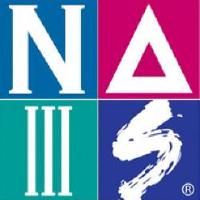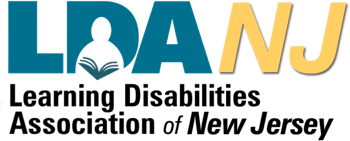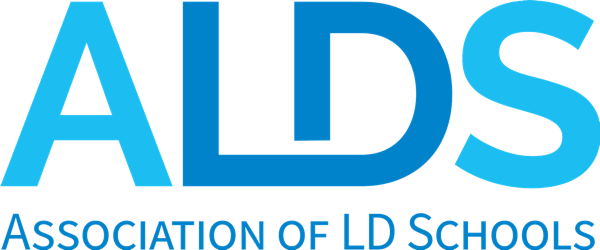The Craig School’s college preparatory high school program addresses the development of the whole student with the goals of creating independent learners, building a greater sense of self, an awareness of who they are and how they learn, and guiding students in being active participants in their future decision-making process. A cross-curricular, integrated curriculum is designed to facilitate active teaching and learning that goes beyond the classroom. Within the instructional day are embedded in a series of learning strategies and executive functioning skills allowing students to manage their learning and build the social and self-advocacy skills vital to success both in and out of the classroom.
The curricular focus of the high school aligns with common core standards for secondary education and the graduation requirements as established by the State of New Jersey.

For students with language-based learning disabilities, reading, writing, and spelling may continue to create challenges to learning well into high school.
At The Craig School, two signature high school programs include the unique, comprehensive English Language courses during freshman and sophomore years and Orton Gillingham structured literacy intervention.
During freshman and sophomore year, traditionally, the high school English curriculum combines literature and writing into one-course meeting for about one hour per day.
At The Craig School, the English Language signature program provides the support, instructional strategies, and pedagogical approach most suited to the needs of students with language-based learning disabilities while also giving students extended time to process and master the writing and literature requirements of a college preparatory high school curriculum by providing two daily instructional periods/blocks to understand and learn a comprehensive high school English curriculum.
Reading comprehension is an interactive, strategic, and adaptable process for each reader and integral to a student’s ability to successfully interpret, analyze, and understand increasingly more complex texts. During Freshman Literature and Sophomore Literature, students monitor their comprehension through metacognitive strategies, graphic and semantic organizers, answering and generating questions, guided reading, recognizing story structure, word mapping, paraphrasing, visual imagery, and summarizing.
Students with learning disabilities may struggle with writing due to challenges switching attention between the mechanical aspects of writing, such as typing or handwriting, and the mental aspects of writing, like organization and formulating ideas.
Organizing content and weeding out superfluous information may continue to challenge students through their high school years. Students enrolled in the Freshman Writing and Sophomore Writing courses at The Craig School are assigned authentic and meaningful writing tasks to promote personal and collective expression, reflection, inquiry, and discovery. Flexible pacing, goal setting, process strategies, self-regulation strategies, peer collaboration, frequent and specific feedback, clear rubrics, and mastery-based writing mechanics skill development are presented to promote greater ease of writing.
Many students with dyslexia and other language-based learning disabilities continue to struggle with reading into their high school years. Students entering The Craig School in grades 9 through 12 come with varying degrees of reading experience, abilities, and skill sets. Those students who struggle with decoding, vocabulary, comprehension and/or spelling receive individualized instruction in a one-to-one structured literacy program using the Orton Gillingham Based on insights from parents, teachers, and current testing, a student can be scheduled to work 1-3 days a week with an Orton-Certified Reading Specialist who develops and implements a personalized reading, spelling, and comprehension plan.
The individualized Orton-Gillingham based reading plan consists of multi-sensory, sequential, strategic approaches to reading and spelling that address everything from phonemes to morphemes (prefixes, suffixes, Latin roots, and their meaning) to spelling rules to patterns of syllabication (patterns to break words into syllables).
Active Reading strategies are taught to guide students in how to interact with what they read while improving their comprehension and retention. Students learn to use different colored highlighters to identify and set apart main points, supporting details, and terms. This approach taps into their visual memory. They also learn to use sticky notes and tabs to flag important textual locations.
Summary writing and paraphrasing is supported by having students reiterate what they have read, condense the information, and put it all in their own words. This ensures that they have understood, remembered, and can utilize the information they have read. Using a high interest non-fiction reading series, vocabulary, comprehension, and critical reading skills are further developed. At the end of each specific reading assignment, students complete a series of activities that check for understanding in main idea, supporting details, making inferences, vocabulary, summarizing, paraphrasing, and critical thinking.
Individualized lessons are diagnostic and prescriptive by nature and informal assessments are daily and ongoing. During any session, reading and spelling issues are noted and integrated into the next lesson which supports individual growth and continuity. Twice during the school year, students complete a reading and spelling assessment to formally measure progress and lay a foundation for a dialogue with parents and teachers.
Graduates of The Craig School learn how to learn and demonstrate this through their ability to:

For more information on ways of giving or to make a donation online you can clicking here.





